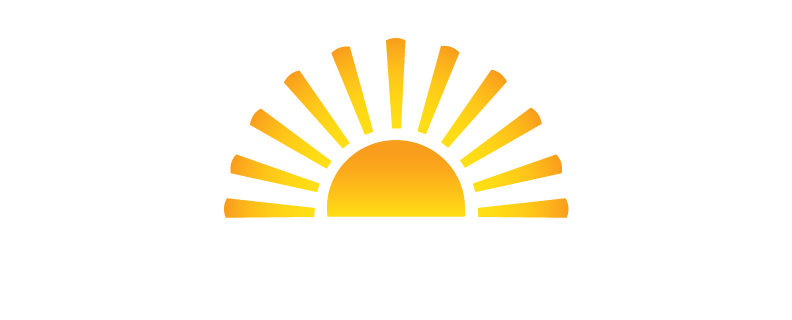Migraine Headaches
A migraine is an intense headache that is usually worse on one side of the head. The pain is often severe enough to hamper daily activities and may last from hours to days if untreated.
More than one in 10 Americans (including one in six women) have migraines, but many have been misdiagnosed as a sinus or tension headache. They are believed to be hereditary, meaning they often “run in the family.”
Schedule a consultation today
What causes migraines?
Doctors don’t know exactly what processes in the body cause some people to be susceptible to migraines. But there are common triggers that are known to set them off.
- Flashing or flickering lights
- Stress or anxiety
- Lack of food or sleep
- Physical overexertion
- Hormonal changes
- Consuming certain foods – common culprits include MSG, red wine, cheese, chocolate, and processed meats
Migraine headache symptoms
The most common telltale sign of a migraine headache is throbbing pain that typically occurs on one side of the head near the temples, forehead and eyes. Many people also experience:
- Nausea
- Vomiting
- Vision problems
It does not take much to exacerbate migraine symptoms either. Even activities that require mild exertion, such as climbing the stairs, can significantly worsen the severity of migraine symptoms. Migraines can also make you very sensitive to light and sound.
Around 20% of people who suffer from migraines experience “migraine aura,” which generally occurs between 20-60 minutes prior to the onset of a migraine. Patients experiencing aura report seeing flashing lights, wavy lines, or dots, and may have blurry vision or blind spots.
Pain from migraine headaches can be disabling; so much so that people are often forced to miss work or other daily activities.
How to treat migraine headaches
First of all, there are many at-home treatments you can try to help manage migraine pain, including:
- Laying down in a dark and quiet room
- Put a cold compress over your forehead or behind your neck
- Massage your scalp and/or temples
- Eat a healthy diet and avoid any foods known to trigger your migraines
- Drink some caffeine, but limit it to just one or two servings a day
- Reduce stress
- Over-the-counter pain medications – talk to your physician first to determine the best option and appropriate dosage
If chronic migraines are severe and at home remedies are not working, there are several pain management therapies that can offer effective relief:
Schedule an appointment with Twin Cities Pain Clinic to learn how we can help relieve your migraine headache pain.
RELIEVE YOUR PAIN, RENEW YOUR LIFE!

